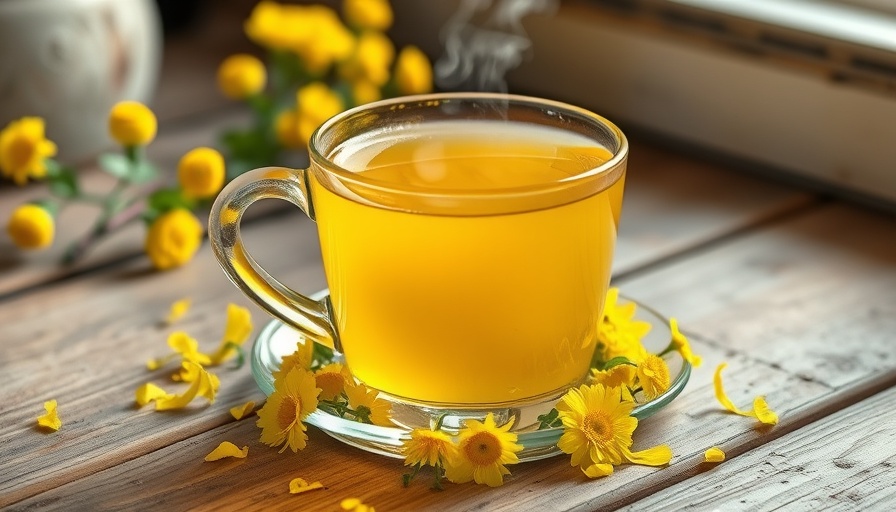
Unlocking the Secrets of Mullein: A Natural Ally for Lung Health
Have you ever driven past those tall, fuzzy plants with bright yellow flower spikes dotting the landscape? There’s a chance you’ve encountered the remarkable mullein plant, nature’s hidden gem for respiratory relief. Often dismissed as mere weeds, mullein leaves and flowers are rich in historical and medicinal value, revered by Indigenous communities and herbalists for centuries. In this exploration, we delve into why you should consider adding this herbal remedy to your personal health toolkit.
The Versatile Mullein: Nature’s Respiratory Hero
The scientific name of mullein is Verbascum thapsus, a biennial herb that thrives in diverse environments. In its initial growth phase, it forms a low rosette of soft, velvety leaves before shooting up a magnificent stalk that can reach over six feet tall. Despite its beauty, mullein is often labeled a weed, growing abundantly, much like other medicinal plants like dandelion. Its ability to flourish without assistance is an ecological marvel, aiding in soil restoration and promoting biodiversity.
The Cultural Roots of Mullein
Mullein has been a cornerstone of traditional medicine. Native American tribes such as the Cherokee and Navajo utilized its leaves to craft soothing teas for coughs and respiratory conditions, showcasing its power over lung ailments. Similarly, European herbalists revered mullein for treating bronchitis, tuberculosis, and other maladies. Such deep-rooted usage highlights a universal recognition of mullein’s importance across cultures.
Modern Applications: Brewing Mullein Tea for Relief
Crafting mullein tea requires just three simple ingredients: dried mullein leaves, water, and honey for taste. This tea acts as a gentle expectorant, helping clear mucus and phlegm from the lungs, making it especially beneficial for those suffering from bronchitis or asthma. The soothing properties of mullein can ease inflammation within the respiratory tract, making each breath feel easier and more refreshing.
The Nutritional Benefits of Mullein
Beyond its role in respiratory health, mullein is also packed with nutrients that contribute to overall wellness. The plant contains mucilage, a substance that coats and soothes the throat and respiratory pathways, providing a comforting effect. Rich in vitamins and minerals, mullein is known to bolster the immune system, making it a vital addition to any natural health regimen.
Empowering Your Health Choices
Incorporating mullein into your diet isn't solely about resolving respiratory issues. It’s a commitment to embracing natural solutions for everyday health challenges. When you use herbal remedies, such as mullein tea, you make a conscious choice to support your body’s natural processes, rather than relying solely on pharmaceuticals.
Exploring Potential Risks and Precautions
While mullein is generally safe for most people, it's crucial to consult with a healthcare professional before adding any herbal remedy to your routine, especially if you're pregnant, nursing, or have pre-existing health conditions. Understanding the right dosage is also essential to safely reap the benefits of this powerful plant.
A Future Focused on Herbal Healing
The knowledge of plants like mullein isn't just a historical anecdote but a beacon for modern health choices. As we reconsider the role of natural remedies alongside conventional medicine, plants like mullein stand out for their accessibility and effectiveness. As societies increasingly turn to holistic approaches to healthcare, mullein’s significance in promoting lung health may soon be universally acknowledged.
 Add Row
Add Row  Add
Add 




Write A Comment